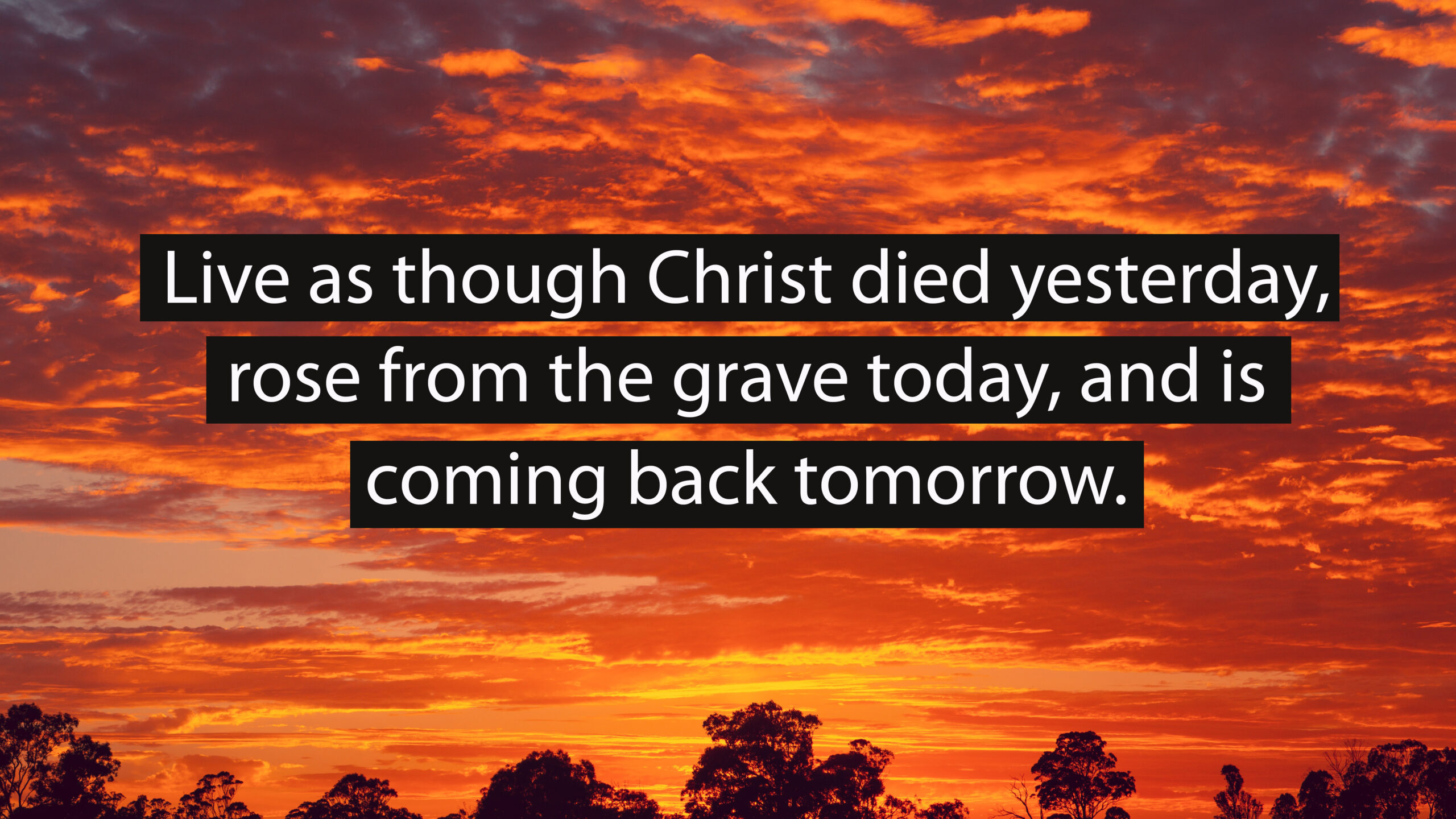Oh, that You would tear open the heavens and come down, That the mountains would quake at Your presence. (Is 64:1-ff)
The end of the Book of Isaiah (roughly chapters 40-66) is referred to as Deutero-Isaiah, something like Isaiah Part II. The Book of the Prophecies of Isaiah spans many time periods for the history of ancient Israel. Suffice it to say, for our purposes, that Scripture scholars are pretty much in agreement that the author of the first 39 chapters is not the author inspired with the completion of the work. Chapters 40 and beyond seem to date from 200 years later than the eighth-century (BC) royal lineage recounted in Chapter 1.
While this is significant data, it is not my intention to conduct a biblical history course for you at this time.
I am, however, interested in sharing some basic thoughts for you to consider as we begin the great liturgical season of Advent. The liturgical year makes a decided gesture of homage to the necessary understanding of Deutero-Isaiah for an explanation of Israel’s (and our own) hope and expectation of the coming of a Redeemer (read: Messiah). While we may think we “know” how that story ends, we don’t seem to believe it or act upon that affirmation of Divine inspiration any more than our ancient Jewish ancestors did in their own day. Nevertheless, the grand and astonishingly lavish season of Advent begins, as certain as the dawn, with the perennial announcement of the opening words of Isaiah, Chapter 40:
Comfort, oh comfort my people Says your God,
Speak tenderly to Jerusalem, And declare to her that her term of service is over,
That her iniquity is expiated, for she has received at the hand of the Lord
Double for all her sins. (Is 40: 1-2)
If I have said it once in this publication, I’ve said it more than once! Advent is the “Season of the Church!” The liturgical season, of course, assists us in calling to mind the amazing gift of the Incarnation and its celebration at Christmas. This is our reason and the basis of our hope for future glory—fulfillment of God’s plan from the beginning, accomplished by our Blessed Lord’s Paschal Mystery: His Passion, Death, Resurrection and our eternal life with Him forever in heaven. It is, of course, God’s plan (Eph I) for which we were created and to which we are being led by the truth of Jesus’ teachings and the sacramental life offered by His holy Catholic Church.
Keeping these ideas in mind, let us dive even deeper into the mystery, meaning and practice of Advent. You’ll please note that I started this article with one of my most favorite Scripture verses: Isaiah 64, verse 1 and following. My choice of these verses has always stirred up in me an “apocalyptic” sense of the incredible immanence of the coming of Christ at the end of time. Once again, I often think we have forgotten the fact that Christ has come—Emmanuel, God with us—a necessary certainty for a Christian belief in the Incarnation, the genuine basis for the solemnity of Christmas. It’s the whole point of Scrooge’s transformation—his redemption, if you will:
I will honor Christmas in my heart, and try to keep it all the year. I will live in the Past, the Present, and the Future. The Spirits of all Three shall strive within me. I will not shut out the lessons that they teach.
(Dickens, A Christmas Carol)
My recollection of Isaiah 64 is meant to help us remember and work toward the second coming of Christ. This must become an essential activity of Advent—in a sense, the dual action of this amazing and truly awesome season of grace. Christ has come (Christmas), but He will come again.
This knowledge inspires the believer to live as though our Blessed Lord was standing right next to oneself in so many ways: truth-telling, ethical, moral and proper behavior, etc.
For the believer, Advent requires a “battery change,” if you will: do good, avoid evil, love your enemies, etc. Live
as though Christ was returning in the flesh any second now!
The world, and all that is in it, belongs to God—He created everything out of nothing, including all of us intelligent life forms. God’s love and sense of humor are manifested in creation, abundantly given without charge. God gets a “kick” out of loving us and the creation that is bound together by His omnipotent and all-knowing will. Nothing—truly, nothing—exists without God knowing it and willing it into existence.
Advent, therefore, should—must—be a time for remembering who made us and how He made us. He made us so that He could love and share “being” with us and He sent His Son to prove it!
His Holiness, Pope Emeritus Benedict XVI, in his book The Blessing of Christmas, opens another Advent door for us. He teaches that a second basic element of Advent is waiting—waiting that is an act of hope. Advent, the pope writes, shows us the very essence of Christian time and the true nature of history. Humanity has never ceased to hope for better times; Christians hope that the Lord passes through the whole of history and that He will one day gather up all our tears and labors, so that everything will find its explanation and fulfillment in His kingdom.
What is there, then, for us to do? St. Francis of Assisi wrote, at the end of the Rule that we friars follow, “While we have time, let us do good.” I might simply say: be like God, get a “kick” out of doing good. Make this Advent your season of rebirth. Celebrate the Christ who is present and live like He’s coming back later today. Be ready.
I’ll see you at Sunday Mass!
Most Reverend William Patrick Callahan
Bishop of the Catholic Diocese of La Crosse
Published in the December 2021 Issue of Catholic Life Magazine

